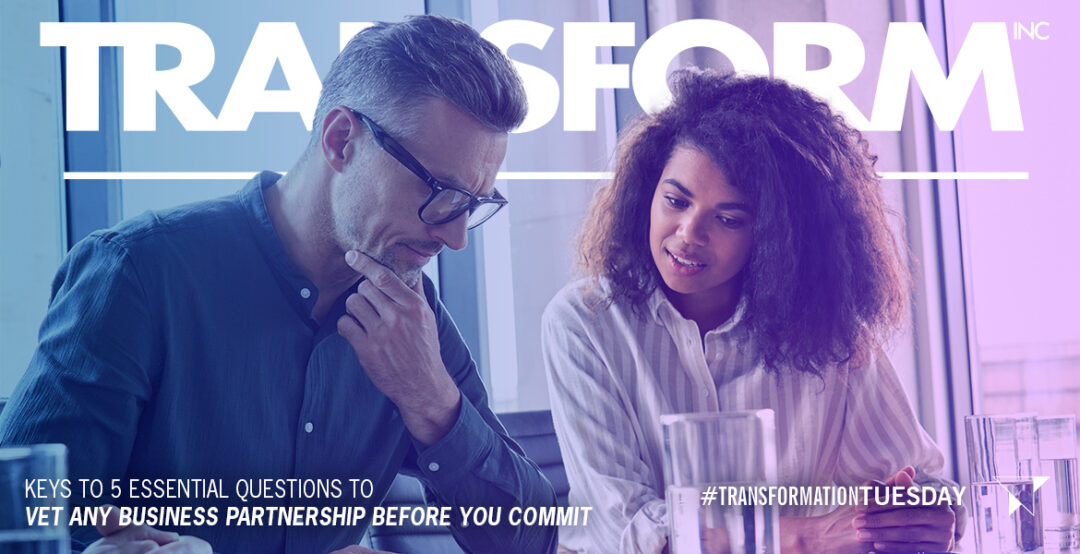We often work with companies who are considering a strategic partnership with either a larger entity or to tap into a larger market for their services. While both see the potential for a win-win, they’re wisely beginning with what matters most: people. Each team is led by entrepreneurial leaders, and before any formal agreement is signed, they’re asking a foundational question—can we work well together?
To guide them, we facilitate conversations around five essential questions. These questions help determine not just compatibility, but the sustainability of a long-term partnership.
1. Can We Work Well Together?
Compatibility on paper doesn’t always translate to real-world cohesion. We begin by exploring each leader’s personality, emotional intelligence, adaptability, passion for their work and willingness to engage in self-reflection. We use DISC, Working Genius and Emotional Intelligence Insights to encourage awareness and dialogue.
Most importantly, we ask: are the individuals willing to practice self-management and take responsibility for their actions? To validate this, we conduct interviews with team members to gather feedback. A strong partnership depends on accountability, not just agreement.
2. Are Our Values Aligned?
We look beyond mission statements and ask each leader to identify their top 10 values. This allows us to see where alignment exists and where differences might need discussion.
With one potential merger, one company leaned toward higher risk tolerance, while the other prioritized transparency. Through open dialogue, we helped them find common ground. Alignment doesn’t require identical values—but it does require clarity and acceptance.
3. Do We Share a Vision for the Future?
A merger isn’t just about blending services, it’s about aligning direction. The company being acquired had many questions about future leadership and vision. We will often hold a one-day strategy session to surface assumptions and build a shared vision.
We watch for signs of collaboration, curiosity, and flexibility. Our role as a facilitator is to help bridge the space between what’s known and unknown and build trust as partners imagine a future together.
4. What Agreements Do We Need to Support Success?
This often-overlooked step is critical. We’re not talking about legal documents here—we’re talking about working agreements. These shape how people lead, communicate, and hold each other accountable on a daily basis.
Together, we answer questions like:
- How will we maintain trust
- What expectations do we have for each other?
- Who makes decisions, and how are they communicated?
- How will we track both the partnership’s and individuals’ success?
Without alignment here, unspoken expectations can lead to conflict and breakdown.
These foundational questions don’t just help you decide whether to move forward, they help ensure that if you do, it’s with intention, clarity, and mutual respect.
In some cases, asking these questions leads to the realization that it’s best not to partner—and that’s a valuable outcome too. But when the answers align, they pave the way for something truly sustainable.
If your organization is considering a strategic partnership, don’t skip the human work. Start with the right questions—and the right guide. Let’s connect to explore how we can help you navigate the path forward with clarity, trust, and confidence.




